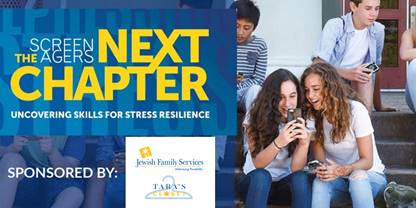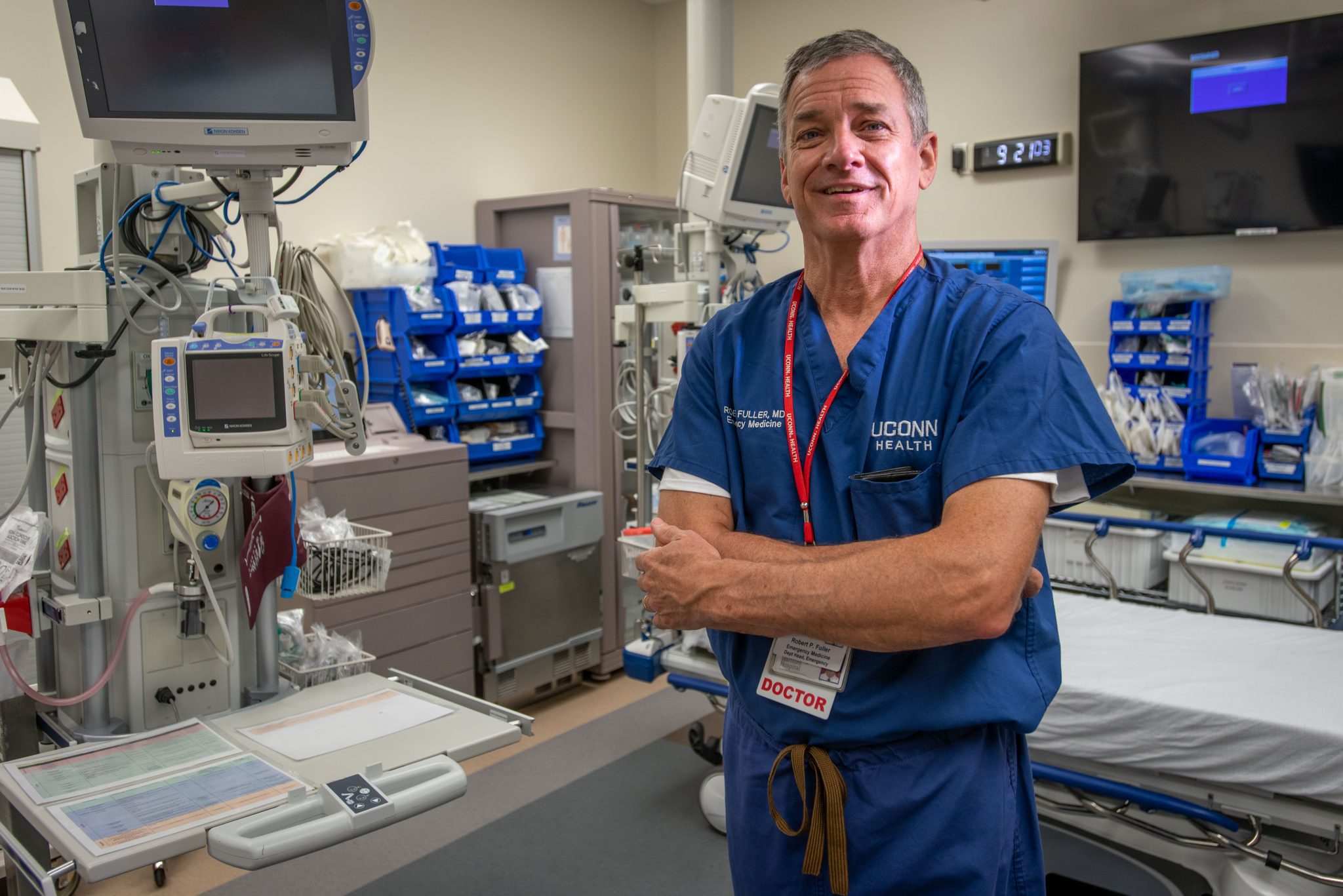Jewish Family Services and Tara’s Closest Will Present ‘Screenagers Next Chapter’ in West Hartford

Audio By Carbonatix

The Hartford-area premiere of ‘Screenagers Next Chapter,’ with a panel discussion to follow, will be presented by Jewish Family Services and Tara’s Closet at West Hartford Town Hall.
Submitted
Jewish Family Services and Tara’s Closet has announced that the Hartford premiere of “Screenagers Next Chapter,” will take place on Wednesday, Oct. 23 from 7-9 p.m. at West Hartford Town Hall in partnership with BBYO, leading pluralistic Jewish teen movement.
This second film in the groundbreaking documentary series is free and open to the public.
After the movie there will be a panel discussion moderated by WFSB-TV Dennis House and lead by Dr. David Greenfield, founder and medical director of The Center for Internet and Technology Addiction and assistant clinical professor of psychiatry at the University of Connecticut School of Medicine. Greenfield is a leading authority on behavioral addiction medicine and author of numerous articles/book chapters and the book “Virtual Addiction” which in 1999 rang an early warning regarding the world’s growing internet addiction problem.
Two mental health professionals and licensed clinicians, Denise Padilla and Ann Osoba, will also discuss the movie and offer advice to parents, and will be joined by a BBYO representative who will provide a teen perspective.
To reserve your tickets please go to https://screenagers-hartford.evenbrite.com.
Filmmaker and physician Dr. Delaney Ruston takes the conversation around screens and teens to the next level with “Screenagers NEXT CHAPTER: Uncovering Skills for Stress Resilience” – a film that examines the science behind teen’s emotional challenges, the interplay of social media, and most importantly, what can be done in our schools and homes to help them build crucial skills to navigate stress, anxiety, and depression in our digital age. The trailer can be watched here.
“SCREENAGERS: Growing up in the Digital Age” – Delany Ruston’s award-winning 2016 film – was the first feature documentary to explore the impact of screen technology on kids and offer parents and families proven solutions. Screened more than 8,000 times (and counting) to 4 million people in more than 70 countries, it has been featured on PBS NewsHour, the Today Show, Good Morning America, Dr. Oz, the New York Times, the Washington Post, and more. What started as a personal story grew into a national movement, helping millions of youth and their families find their way in a world with instant access to screen time. In “Screenagers Next Chapter,” we follow Delaney as she finds herself at a loss on how to help her own teens as they struggle with their emotional wellbeing. She sets out to understand these challenges in our current screen-filled society, and how we, as parents and educators, can empower teens to overcome mental health challenges and build emotional agility, communication savvy, and stress resilience.
The event is presented by Jewish Family Services and sponsored by Tara’s Closet.
Facts from “Screenagers Next Chapter” include:
- Since 2011, there has been a 59% increase in teens reporting depressive symptomsa
- Scientific data shows that 2-plus hours a day on social media correlates with a higher chance of having unhappy feelings
- Teens say their main way of coping with stress is to turn to a screen – this is concerning for many reasons and we need to ensure they have other coping skills
- Some schools are implementing innovative programs, such as wellness clubs, where teens teach their peers essential communication skills, like conflict resolution and relationship building
- State of the art therapies, including mindfulness, exposure therapy, and behavior activation, are being used to successfully treat anxiety and depression and yet many teens and adults don’t know that these proven interventions exist
- When teens suppress emotions, research shows it negatively impacts their school work and other cognitive tasks
- Just like toddlers’ brains are primed to learn languages, teenage brains are primed for learning skills to navigate complicated emotions
- A recent study shows that when parents jump in, their stress goes down but their kid’s stress goes up
- Why it’s important to help teens get comfortable feeling uncomfortable
- Forward-thinking, concrete solutions for parents, counselors, and educators
Like what you see here? Click here to subscribe to We-Ha’s newsletter so you’ll always be in the know about what’s happening in West Hartford!



